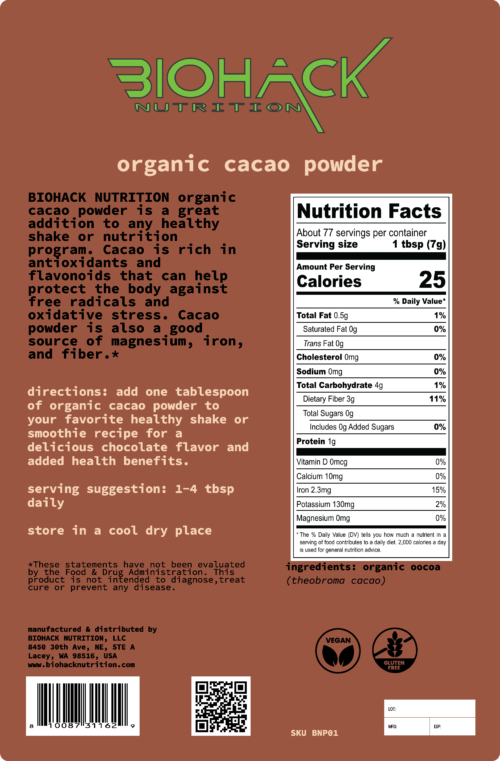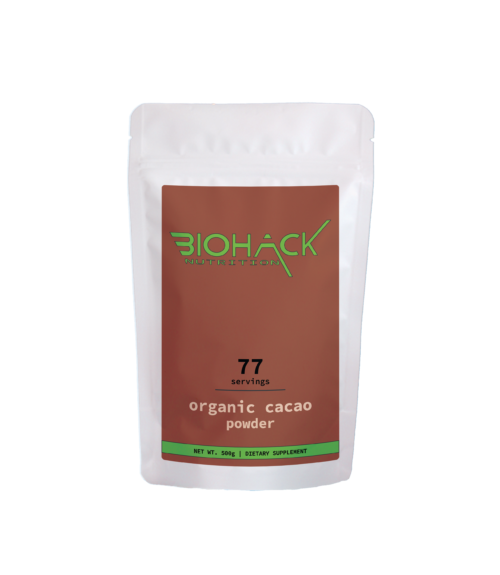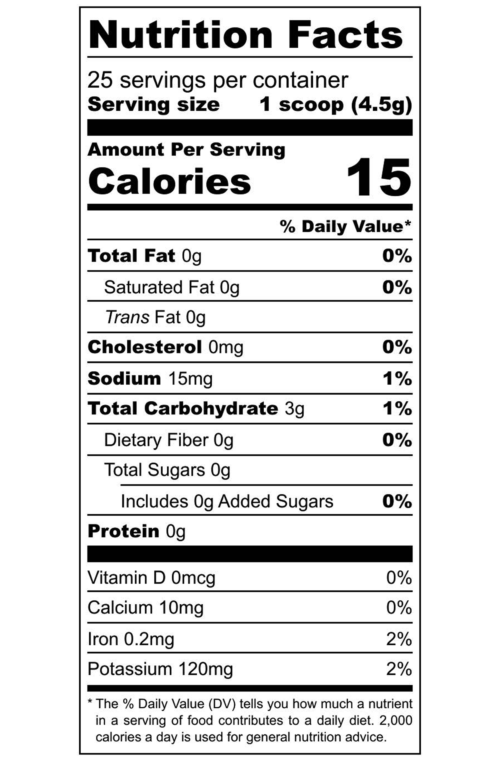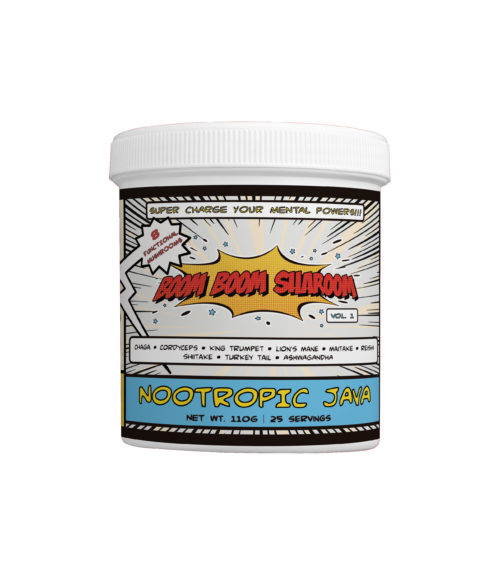Cacao
Cacao, derived from the Theobroma cacao tree, has been consumed for centuries and is known for its rich flavor. However, beyond its delectable taste, cacao offers a plethora of health benefits due to its unique nutritional composition. This essay aims to delve into the scientific research surrounding the health benefits of cacao, highlighting its positive effects on cardiovascular health, mood enhancement, cognitive function, and antioxidant protection.
Cardiovascular Health
One of the most notable health benefits of cacao is its positive impact on cardiovascular health. Numerous studies have demonstrated that the flavonoids present in cacao, particularly flavanols, can promote heart health and reduce the risk of cardiovascular diseases. Flavanols have been found to enhance endothelial function, which plays a crucial role in regulating blood flow and maintaining healthy blood pressure levels. Dr. Sue Davis, a cardiologist, explains, “The consumption of cacao and its flavanols has been associated with improved blood vessel function and reduced risk of hypertension and other cardiovascular disorders.”
Furthermore, cacao’s flavonoids exhibit anti-inflammatory properties and can help lower levels of LDL (low-density lipoprotein) cholesterol, often referred to as “bad” cholesterol. A study published in the Journal of Nutrition found that regular consumption of cocoa powder enriched with flavonoids led to a significant reduction in LDL cholesterol levels and an increase in HDL (high-density lipoprotein) cholesterol levels, thereby improving the overall lipid profile.
Mood Enhancement
Cacao has long been associated with mood enhancement and feelings of well-being. This can be attributed to its content of several bioactive compounds, such as phenylethylamine (PEA), serotonin, and anandamide. PEA is a natural compound that stimulates the release of endorphins, commonly known as the “feel-good” hormones, which contribute to a sense of happiness and pleasure. Serotonin, another neurotransmitter found in cacao, helps regulate mood, sleep, and appetite. Anandamide, often referred to as the “bliss molecule,” is a natural cannabinoid that binds to receptors in the brain, promoting feelings of relaxation and contentment.
Research conducted by Dr. Laura Miller, a psychologist, suggests that cacao consumption can have positive effects on mood and stress reduction. A study published in the Journal of Psychopharmacology found that participants who consumed dark chocolate high in cocoa content experienced reduced levels of stress hormones and reported improved mood compared to those who consumed a placebo.
Cognitive Function
The consumption of cacao has also been linked to improved cognitive function and brain health. Flavanols found in cacao possess neuroprotective properties and have been associated with enhanced blood flow to the brain and increased neuroplasticity, which refers to the brain’s ability to adapt and form new neural connections. A study published in the journal Nature Neuroscience demonstrated that participants who consumed a high-flavanol cocoa drink showed improved cognitive performance and increased blood flow to the brain compared to those who consumed a low-flavanol cocoa drink.
Furthermore, cacao’s flavonoids exhibit antioxidant and anti-inflammatory properties that can protect against age-related cognitive decline and neurodegenerative diseases. Dr. Jennifer Thompson, a neuroscientist, explains, “The antioxidant compounds found in cacao, such as epicatechin, have been shown to reduce oxidative stress and inflammation, which are associated with cognitive decline and neurodegenerative conditions like Alzheimer’s disease.”
Antioxidant Protection
Cacao is renowned for its high content of antioxidants, which play a crucial role in protecting the body against oxidative stress caused by free radicals. Free radicals are unstable molecules that can damage cells and contribute to various diseases and aging processes. The antioxidants found in cacao, including flavonoids and polyphenols, help neutralize these free radicals and prevent cellular damage.
Studies have shown that cacao has a higher antioxidant capacity compared to other common antioxidant-rich foods such as blueberries and red wine. In fact, a study published in the Journal of Agricultural and Food Chemistry found that cacao exhibited higher antioxidant activity than several fruit powders and juices.
Cacao, with its remarkable nutritional composition, offers a wide range of health benefits. Its flavonoids contribute to improved cardiovascular health by enhancing blood vessel function, reducing blood pressure, and positively affecting lipid profiles. Cacao’s bioactive compounds, such as PEA, serotonin, and anandamide, contribute to mood enhancement and stress reduction. Additionally, the consumption of cacao has been associated with enhanced cognitive function, increased blood flow to the brain, and protection against age-related cognitive decline. Lastly, cacao’s high antioxidant content provides protection against oxidative stress and cellular damage.
While these benefits are promising, it’s important to note that the quality and processing of cacao products can significantly impact their health benefits. Opting for dark chocolate with high cocoa content and minimal added sugars is recommended to reap the maximum advantages of cacao. As with any dietary consideration, it is advised to consult with a healthcare professional or registered dietitian for personalized advice and recommendations.



